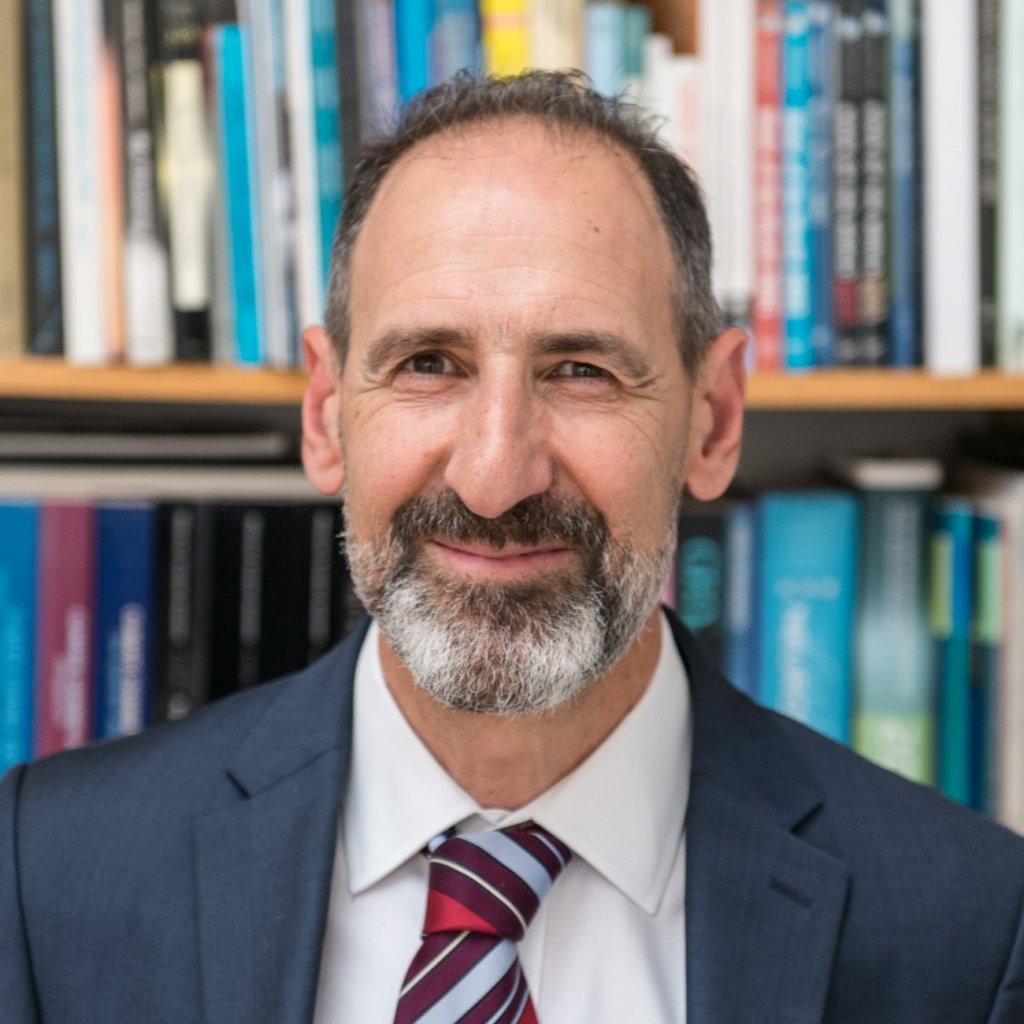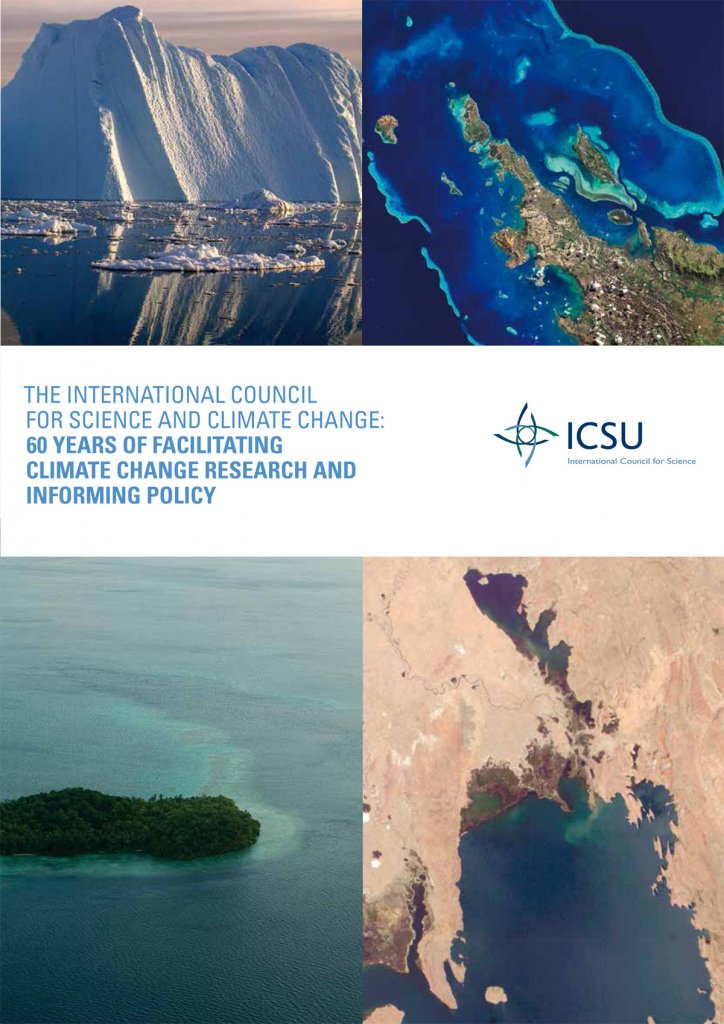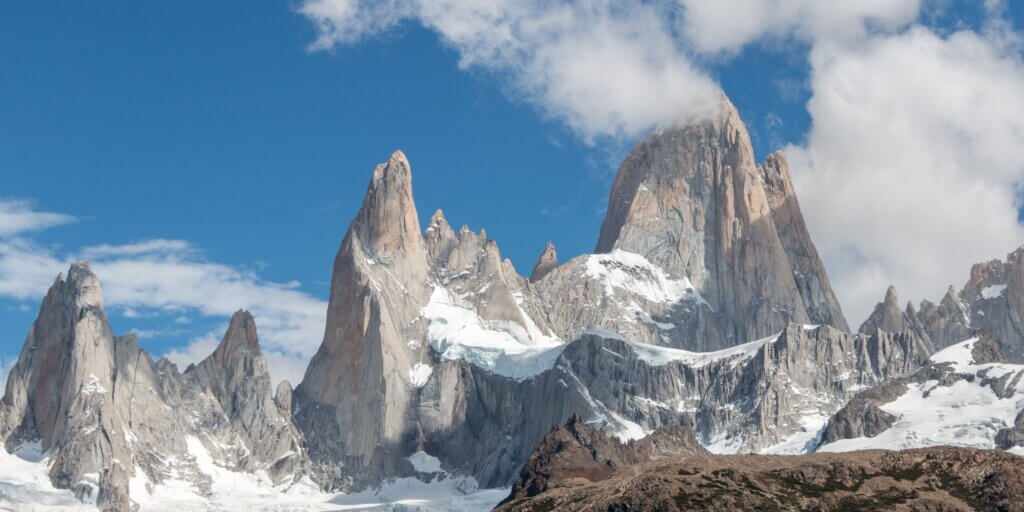
🔵 The International Science Council at the COP28
The International Science Council (ISC), its members and partners are involved in several official COP28 side-events and parallel meetings. Explore the depth of our engagement, including a detailed list of events and recommended readings here.
The science is clear, it has been for decades: our planet’s climate is warming, and human activities, particularly the burning of fossil fuels, are the primary drivers of this change. Following recent developments at COP28, Future Earth and the World Climate Research Programme (WCRP), two Affiliated Bodies of the ISC, have convened a statement from scientists around the world in response to comments regarding fossil fuel phaseout pathways. If you are a scientist, you can support the statement with your signature.
The issue is obviously complex, at the interplay of policies, international agreements, and requiring important societal shifts – but progress has been dramatically slow, with profound inequalities that are confronting some regions with disproportionate risks of widespread loss, damages and forced migration.
For decades now, international and interdisciplinary scientific bodies, such as the Intergovernmental Panel on Climate Change (IPCC), have been providing the best available scientific evidence, urging governments for global action to mitigate the impacts of climate change.
The International Science Council (ISC), and its predecessor, the International Council of Science (ICSU), has been at the forefront of climate science, facilitating research, informing policy and pioneering some of the major programmes focused on climate science, responsible for many of the climate knowledge and monitoring mechanisms in use today.

The International Science Council and its predecessors have consistently been at the forefront of climate science, spearheading major international, inter- and transdisciplinary programmes. These initiatives have not only significantly elevated our comprehension of climate change but have also provided policymakers with the most robust scientific knowledge, shaping informed decisions for a more sustainable future for over 60 years.
Salvatore Aricò, CEO
Until the mid-1950s, international and interdisciplinary scientific cooperation around climate was limited. The declaration by ICSU of the International Geophysical Year in 1957 marked a turning point, as it enabled coordinated and global scientific observations of geophysical phenomena, including funding the pioneering measurement of atmospheric carbon dioxide (CO2) by Charles David Keeling – known today as the “Keeling Curve”. Subsequently, ICSU worked with the World Meteorological Organization (WMO) to establish the Global Atmospheric Research Programme (GARP) in 1967, fostering breakthroughs in atmospheric science and climate modelling. This success paved the way for the World Climate Programme (WCP) in 1979, which later gave rise to the World Climate Research Programme (WCRP) – one of the ISC’s Affiliated Bodies. Since its creation, the WCRP has contributed to significant advancements in climate science, such as our understanding of El Niño events.
In 1988, responding to the need for an independent scientific body to inform decisions, the WMO and the United Nations Environment Programme (UNEP) jointly formed the Intergovernmental Panel on Climate Change (IPCC) – strengthening links between science and policy on climate change. Since the IPCC creation, ICSU with its interdisciplinary bodies and associated scientific networks have provided major scientific contributions to all the IPCC assessments and informed the UNFCCC policy processes from the outset.
The International Polar Year (IPY) is another international science programme initiated by ICSU, participating to create significant momentum for transdisciplinary scientific cooperation, research funding and transformative action around climate. Together with the Scientific Committee on Antarctic Research (SCAR) and the International Arctic Science Committee (IASC), the ISC has started to plan the organization of the next IPY in 2032-33.

60 years of facilitating climate change research and informing policy
This document highlights the major contributions of the ISC (formerly ICSU) and its scientific community to the development of climate science, and explains how ISC’s approach to facilitating research collaboration to inform policy development has evolved over time.
Today, the ISC continues to co-sponsor climate programmes through its Affiliated Bodies, who are working together to fill knowledge gaps and promote transformative actions. Acting as international interdisciplinary platforms and networks, they convene scientists across disciplines and the countries to advance climate science and offer policy advice.
🔵 Virtual Knowledge Sharing Dialogue on Climate Change
During COP28, the ISC will host a virtual Knowledge Sharing Dialogue, uniting leading climate programmes to showcase recent developments in climate science and discuss international collaboration opportunities. 📅 Monday, 4 December 🕒 14:00 to 15:30 UTC. We invite all climate science stakeholders to attend by registratering here.
Launched in 2015, Future Earth is an international initiative to provide scientists, researchers, and innovators with a global research agenda on sustainability research to accelerate transformations to global sustainability and live more sustainably within our planet’s boundaries. Future Earth builds on more than three decades of global environmental change research and continues to pioneer climate science with the release of its “10 New Insights in Climate Science” released during climate COPs, alongside the UNFCCC Executive Secretary and the World Climate Research Programme (WCRP).
Ten New Insights in Climate Science
Every year, Future Earth, the Earth League, and the World Climate Research Programme (WCRP) convene leading global scholars to review the most critical findings in climate research. Through a rigorous scientific process, these findings are summarized into 10 insights, offering valuable guidance for policymakers and society.
The mission of the WCRP is to facilitate analysis and prediction of Earth’s climate system variability to develop the fundamental scientific understanding of the physical climate system and climate processes and determine the extent of humankind’s influence on climate. Established in 1980 by ICSU and the WMO and joined by the Intergovernmental Oceanographic Commission (IOC) of UNESCO in 1993. The WCRP is the longest-running and only initiative solely dedicated to the coordination of international climate research and has significantly increased our knowledge of climate. The WCRP has laid the physical foundation for understanding and predicting El Niño events. It has also significantly enhanced climate models, which serve as the basis for international research and assessments. Additionally, the programme has developed regional and global observational climatic datasets, contributing to an improved understanding of key climate processes.
In 2023, during its second Open Climate Conference, the WCRP gathered 1,400 climate science delegates in Kigali, Rwanda, to urge academia, governments and industries to collaborate on practical solutions for climate and calling for scientists in the Global South to play a leading role in climate science.
“As Africa carries the heaviest burden of the associated climate change effects, despite contributing less than 5% of the world’s greenhouse gas emissions, it is critical that African voices are strongly engaged in shaping the climate research and action agenda.”
ISC President Peter Gluckman, at the WCRP conference
In 1957, ICSU created the Scientific Committee on Oceanic Research (SCOR), its first permanent interdisciplinary body, to focus on marine science and the world’s oceans. SCOR plays a crucial role in advancing our understanding of the oceans, encompassing physical, chemical, biological, and geological aspects. Just a year later, ICSU established the Scientific Committee on Antarctic Research (SCAR). SCAR is charged with initiating, developing and coordinating high quality international scientific research in the Antarctic region (including the Southern Ocean), and on the role of the Antarctic region in the Earth system. Last year, they have released their flagship report “Antarctic Climate Change and the Environment”, a decadal synopsis of the current understanding, as well as explicit recommendations to address change, and bridge the knowledge gaps with additional research.
The Global Ocean Observing System (GOOS), established in 1991 by the IOC, is collaborative international program aiming to provide a continuous and comprehensive view of the state of the world’s oceans. A year later, the WMO, IOC, UNEP and ICSU signed a Memorandum of Understanding to establish a Global Climate Observing System (GCOS). GCOS aims to advance and sustain climate change monitoring, detect and understand its causes, strive to model and predict the climate system and monitor the effectiveness of mitigation and adaptation policies.
All these Affiliated Bodies will provide an overview of their latest research on climate change in the upcoming COP28 virtual Knowledge Dialogue, organized on Monday, 4 December.
To keep 1.5 C within reach and halve emissions in the next seven years, the status quo needs to change. In this pursuit, the International Science Council started a blog series emphasizing the need for inclusivity across all knowledge types and the people who create that knowledge—irrespective of factors such as gender, race, economic background, geographic location, or language. For comprehensive solutions that are applicable to policymakers and accessible to end users across the globe, intentional diversity is paramount in ensuring that everyone has a seat at the table.
The International Science Council acknowledges the indispensable value of amplifying the voices of early- and mid-career climate scientists. They contribute invaluable insights, innovation, and a profound commitment to addressing the complex sustainability challenges we face. Inclusion of their perspectives is imperative for crafting impactful climate solutions.
Salvatore Aricò, CEO
This series is part of an ongoing effort to feature Early and Mid-Career Researchers from diverse corners of the world engaged in the study of various disciplines spanning the social and hard sciences. It began during the World Climate Research Program Open Science Conference and extends through COP 28, aiming to amplify the perspectives of young voices on climate action.

The human dimension of disaster risk reduction: social sciences and climate adaptation
In this article, Dr. Roché Mahon, a social scientist specialized on climate, highlights how social sciences can effectively improve climate adaptation and ultimately save lives.

Global solidarity for climate justice: perspectives from an early-career researcher
In this article, Dr. Leandro Diaz, a climatologist from Argentina, shares his perspective on global solidarity for climate justice.

From monsoon joy to fear: a climate crisis awakening
In this article, Dr. Shipra Jain, a physicist and climatologist from India, bares her heart on climate change and its impacts on society.
Photo by Christoph Schulz on Unsplash.